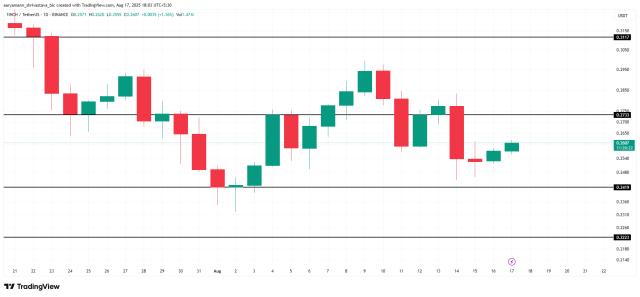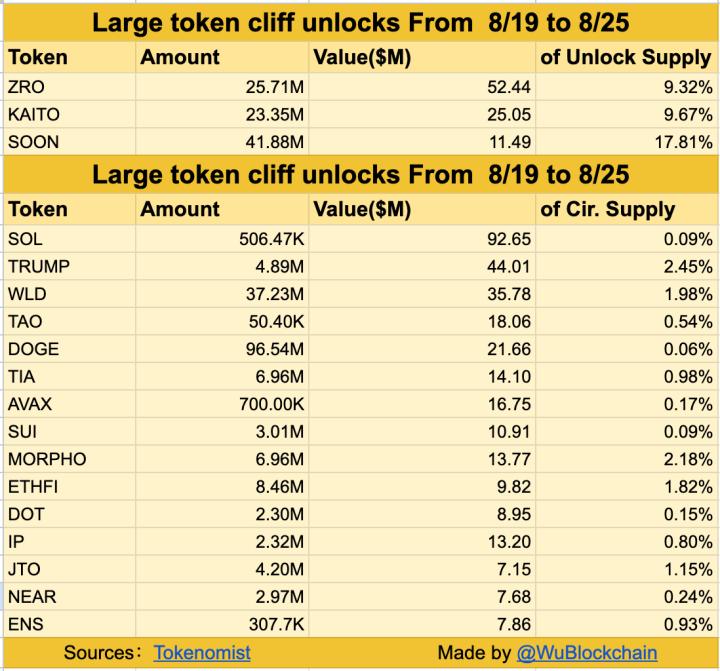The Japanese Financial Services Agency (FSA) has approved the domestic yen stablecoin JPYC for official issuance this autumn, potentially disrupting the global market dominated by US dollar stablecoins. This move not only increases digital payment options for the public but also signals Japan's intention to gain a voice in the stablecoin race and reduce dependence on foreign currencies through new tools.
Japan's "Regulate First, Innovate Later" Path
According to Nikkei reporting, JPYC was approved under the 2023 revised Payment Services Act, issued by Tokyo fintech company JPYC Inc. as a licensed remittance service provider. Each JPYC is backed by equivalent yen deposits and Japanese government bonds (JGBs), forming a one-to-one reserve mechanism. This breaks the previous situation of only US dollar stablecoins circulating in the Japanese market, highlighting Japan's desire to solidify financial autonomy in the digital asset domain.
Unlike some countries' "run first, regulate later" approach, Japan chose to guide the market through strict regulations. The approval of JPYC shows that the FSA prioritizes consumer protection and market stability before gradually opening up to innovations. This framework is considered one of the most rigorous globally and is expected to encourage domestic banks and securities firms to accelerate research into blockchain and DeFi services, paving the way for traditional finance and new technologies to interface.
Prospects and Challenges Coexist
With the emergence of JPYC, the Japanese market may benefit in areas such as payment choices and cross-border remittance efficiency. However, its true impact depends on public acceptance, merchant adoption speed, and the rapidly changing global stablecoin landscape. Nonetheless, JPYC has cast a crucial stone: it brings stablecoins from the crypto realm to the sovereign bond market, revealing the future financial convergence point where policymakers and market participants will rebalance risks and returns with new tools.
If Japan successfully accelerates JPYC payment adoption, it could change the current market situation, increasing the actual market demand for the yen. Overseas individuals and investors may be able to directly obtain JPYC through Tokyo Fintech Company, with JPYC potentially enabling one-click currency exchange across partner banks. If travelers can convert currency through an app when needed instead of exchanging yen in advance, it could transform the yen exchange market, challenging many bank physical counters and high foreign exchange fee merchants.
New Momentum Emerging in Bond Buying
JPYC's reserve pool including JGBs means that the larger the issuance scale, the stronger the demand for government bonds. JPYC Inc. representative Okabe emphasized this relationship on the X platform, citing US experience:
"Top stablecoin issuers are already important buyers of US Treasury bonds. If Japan follows suit, it can potentially lower yields and reduce government financing costs."
When stablecoin issuers participate in the government bond market, the traditional institutional buying structure will be reallocated, with potential downward pressure on yields, thereby influencing the operational flexibility of Japan's fiscal and monetary policies.






